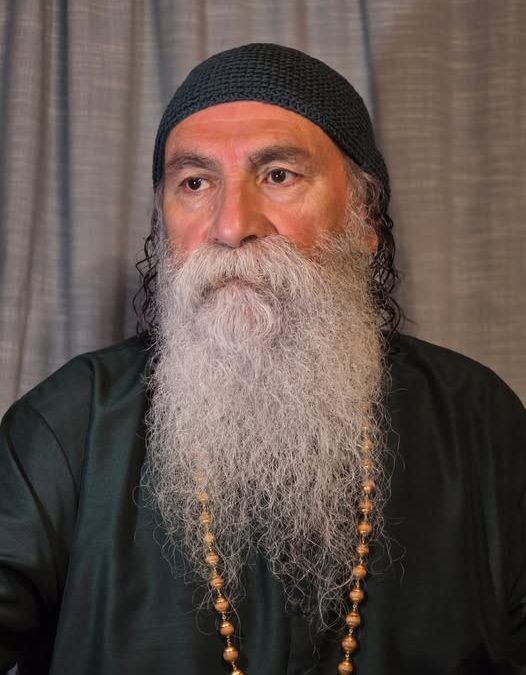
Meditation- altering our quality of being
“Contrary to popular belief, meditation does not involve distancing oneself from life or retreating into contemplation in the classical sense. It is a common mistake to reduce it to a tool for calming the nerves, lowering blood pressure, or balancing emotions. Its function is not limited to alleviating anxiety; its scope is more significant: it alters the very structure of our relationship with time, the body, action, and experiences. It does not oppose what we do, although it does destabilize the way we usually identify with our activity. This difference, almost imperceptible on the surface, profoundly alters the architecture of experience.
The most common mistake is to conceive of meditation as a retreat, an escape, or a flight. It is often imagined as the practice of someone who shuns the hustle and bustle of the world to find refuge on a solitary inner island. But this image—seductive in its simplicity—is conceptually inaccurate. It is not about leaving the world behind or seeking a protected margin. Meditating is not about escaping the flow of life, but about sustaining oneself in it from a different axis, looking at it from a different perspective. Through silent attention, a way of inhabiting opens up that is not defined by domination and constant intervention, but by attentive availability, without appropriation.
That point—more than a place, it is a quality of being—is not conquered through intense and powerful will, but through the dissolution of that very will as a mechanism of affirmation. It is not a matter of adding effort, determination, or tenacity, but of ceasing the compulsion to intervene. What is then revealed is not another reality, but this one, without the distortion produced by the intervention of the supposedly separate self. Continuing to live, continuing to act, continuing to speak, continuing to move: all of that remains. Making breakfast, listening to a friend, fulfilling a duty, reading, talking, walking, dancing, and laughing. The transformation does not occur in the content of experiences, but in the relationship established with them. There is no split between the internal and the external, but rather a redistribution of subjective weight, a shift in the center of gravity. Meditation, then, is not about suppressing action, but about dissolving the need to be its source. It is a quantum leap from the position of the “doer” to that of “observation,” but without abandoning the doing. This reversal does not eliminate commitment, but radically changes its quality. Attention is no longer subordinate to a result. One no longer acts to assert oneself or to justify one’s own existence. Events are no longer situated under the gaze, but everything happens from and in the observation itself without being carried away by events. This being redefines the very notion of freedom. It is not a renunciation of the world, but rather an avoidance of confusion with its turbulence. The image of the center of the cyclone, present in many traditions, does not refer to an inaccessible region, but to a way of remaining, of inhabiting reality. Everything moves: decisions, bonds, projects, even the body itself. However, something within oneself—a clarity that does not seek control—remains. It is not distance or detachment. It is an open, receptive disposition, without anxiety to intervene. At this point, attention does not seek to appropriate or claim rights over what is observed. It does not analyze, retain, define, classify, or label. It only observes, and in that observation, everything is rearranged. This form of presence does not reinforce the supposed “autonomous self”; rather, it makes it porous. It does not eliminate it, but it ceases to centralize it. Activity continues to flow, though it no longer comes from a desire for affirmation. Responding to a gesture, closing a door, writing a sentence, smiling, singing, or dancing: each act is freed from the obsession with meaning. And in that liberation, it becomes more precise, more exact, more artistic, even more beautiful. Not because it is technically flawless, but because it is stripped of pretension. The essential thing is that this action requires no justification. It appears, is carried out, and vanishes.
This disposition, however, runs the risk of being misinterpreted as indifference or nihilism. Nothing could be further from the truth. There is no passivity in this gaze, no emotional withdrawal. It is a different way of getting involved. A non-possessive, non-demanding involvement. One does not float above the world; one walks in it, but without carrying it on one’s shoulders. And although this presence does not cling to anything, neither does it dissolve. It is a firmness without harshness, a root that is not anchored in the earth, but in availability itself.
There is no single technique or methodology that guarantees this shift. No method can force it. Nor is there any doctrine, theology, or philosophy that monopolizes it. What is required is an attention that does not appropriate what is observed. An attention without purpose, without calculation, without goals, without interests, without the need for results. The paradox is that when the desire to achieve something ceases, the essential begins to manifest itself. Not because it has been provoked, but because it was always there, veiled by the anxiety of achievement and success. This silent attention does not produce a new state, but allows a form of freedom to emerge that does not depend on any condition. Not because the external has changed, but because the compulsion to adjust everything to the egoic phenomenon has been suspended.
This freedom does not seek validation. It does not require approval, success, triumph, supremacy, or victory. Its sign is gratuitousness. Its strength is non-necessity. As if, finally, one could walk in the mud without getting confused with it. Or, better yet, as if it no longer mattered to get dirty, because none of that touches what one truly is.”
Prabhuji

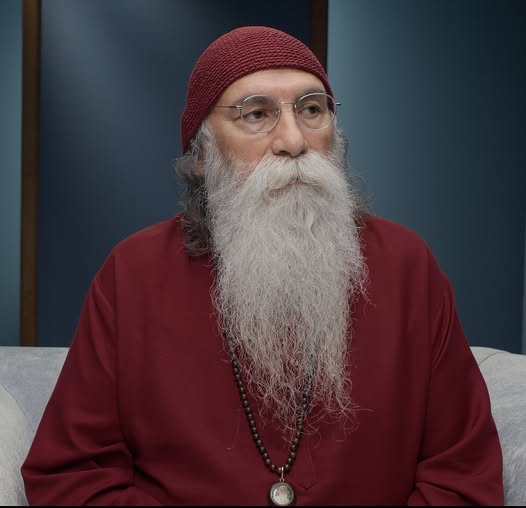
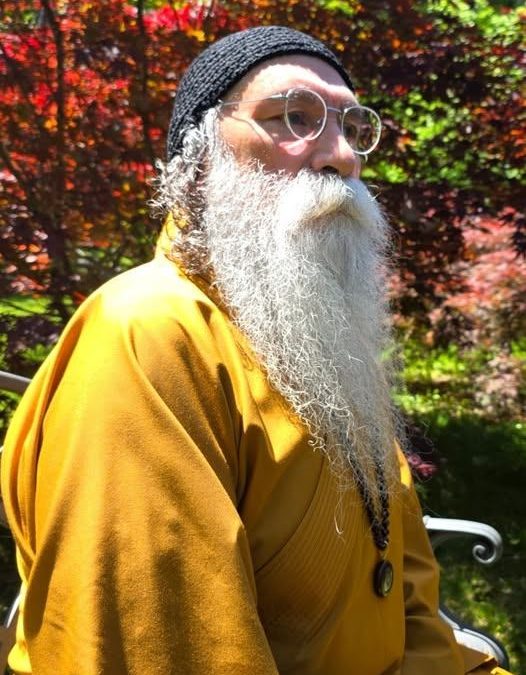
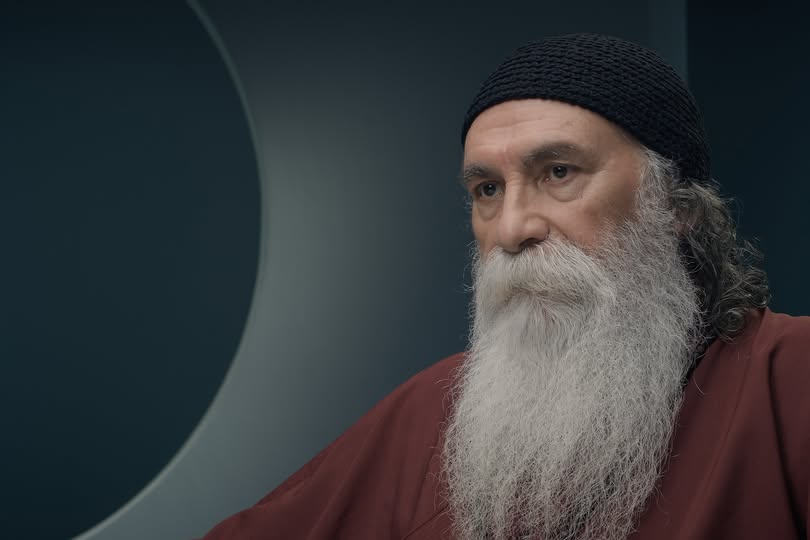
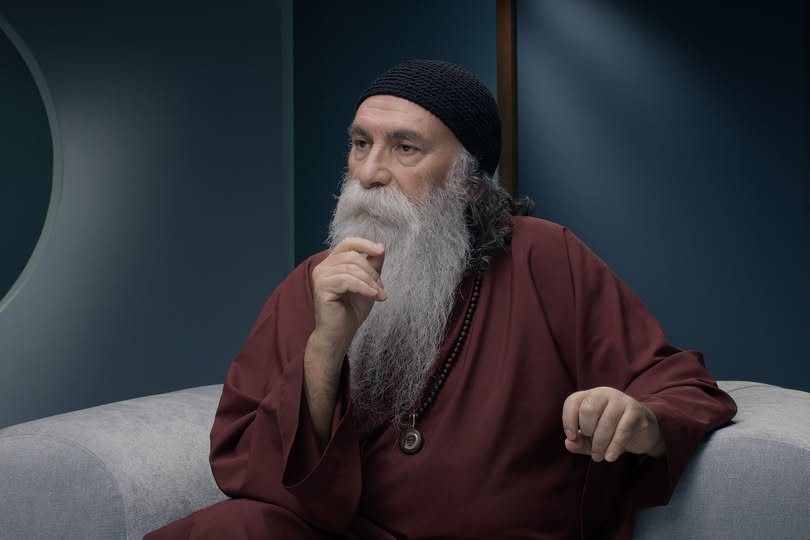
Recent Comments